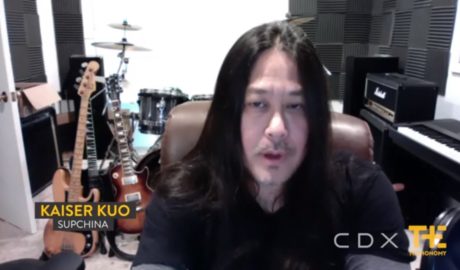How technology did not beat totalitarianism- Kaiser Kuo
China watcher Kaiser Kuo discusses Western narratives on China’s rise. Technology did not beat authoritarian regimes, he explains, just as other Western views on China were profoundly wrong. The Arab Spring uprising was the first sign technology did not bring repression down, but not the last one, he argues.Read More →






